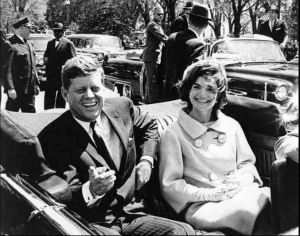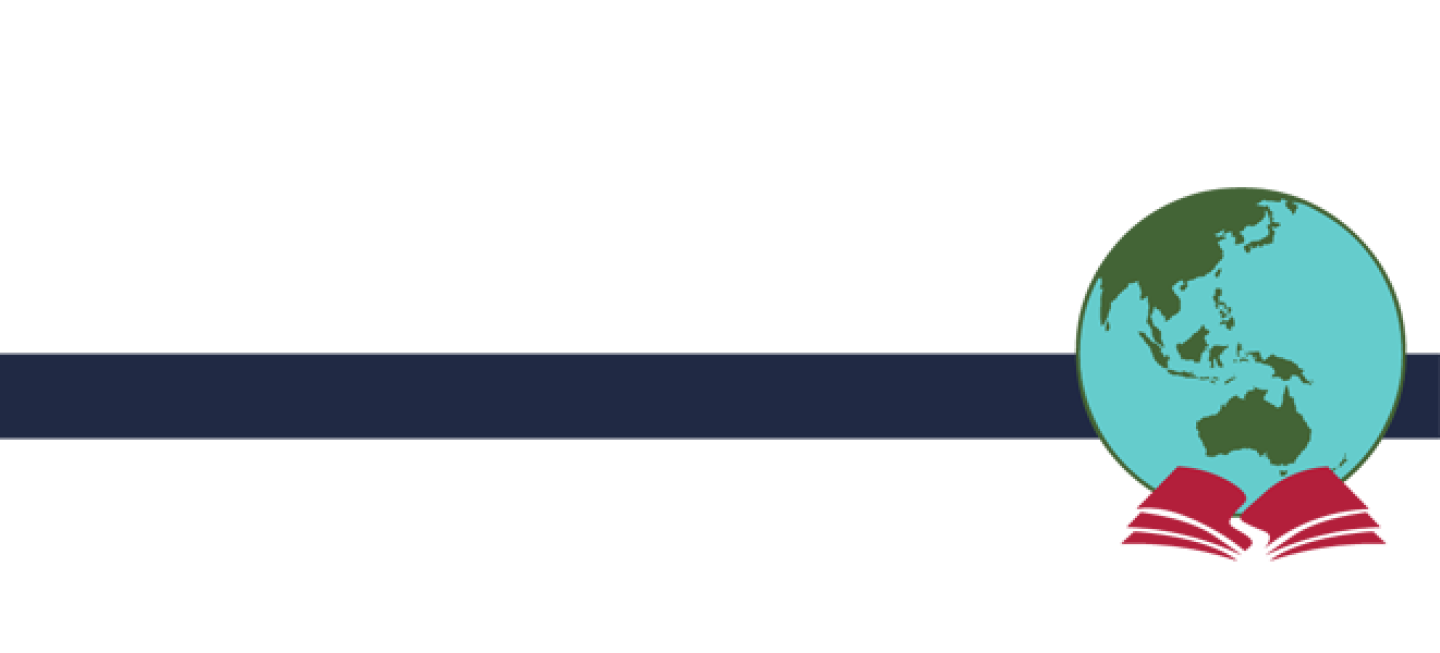JFK
Camelot – man and myth
JFK Historiography – HTA study day
Articles on this page are in no particular order
Konstantinou, Lou The Camelot Presidency: Kennedy in Postwar style in The Cambridge Companion to John F. Kennedy , pp. 149 – 163 Cambridge University press
Schram, Martin Washington Post,Staff Writer. (1979, Oct 22). Kennedy’s Camelot, if it ever was, is long gone: 1961 to 1979: The times have changed more than the men have Kennedy’s Camelot, if it ever was, is long gone. The Washington Post
Felkins, P. K., & Goldman, I. (1993). Political Myth as Subjective Narrative: Some Interpretations and Understandings of John F. Kennedy. Political Psychology, 14(3), 447–467.
Salisbury, S. (2015, Feb 17). His images made the vision of the Kennedys Camelot. TCA Regional News
Rosenberg, B. A. (1976). Kennedy in Camelot: The Arthurian Legend in America. Western Folklore, 35(1), 52–59.
Clymer, A. (2013, Nov 11). Textbooks reassess Kennedy, putting Camelot under siege. New York Times
Piereson, J. (2013). How Jackie Kennedy invented the Camelot legend after JFK’s death: While the nation was still grieving JFK’s assassination, she used an influential magazine profile to rewrite her husband’s legacy and spawn Camelot.
The Kennedy mystique: creating Camelot.” National Geographic, vol. 205, no. 2, Feb. 2004. To be obtained
Rizzo, F. (2009, Jul 26). After Kennedy’s Death, Camelot became “New light and hope’ . Hartford Courant
Understanding John F. Kennedy: A conversation with acclaimed historian and JFK biographer professor Fredrik Logevall (2021). . Washington: Newstex.
Widmer, T. (2013). The man with the President’s ear, Arthur Schlesinger jr. and JFK: No historian has ever been as close to power as Arthur Schlesinger jr. was to President Kennedy as a new collection of his letters marvelously shows. Ted Widmer on the whirl of celebrity and policy that dance across the pages.
Warren, J. (1988, Jun 30). U.S Historians elect JFK as ‘most overrated public figure’ . Chicago Tribune
Goldzwig, S. R. (2016). Making JFK Matter: Popular Memory and the Thirty-fifth President. Presidential Studies Quarterly, 46(1), 224+.
Gizzi, J. (2003, Jun 02). JFK still hot topic for historians. Human Events, 59, 24.
WHITE, M. (2013). Apparent Perfection: The Image of John F. Kennedy. History, 98(2 (330)), 226–246.
Winkler, A. M. (1984). Kennedy and Camelot [Review of Jack: The Struggles of John F. Kennedy; JFK: The Presidency of John F. Kennedy, by H. S. Parmet]. Reviews in American History, 12(1), 144–147.
The Nature of the Presidency of JFK

Role in Indochina conflict
Watt, D. A. (2015). KENNEDY’S WAR: Letter from JFK to Diem. Defining Documents: The Vietnam War (1956-1975), 31–34
Cochran, D. (1991). I. F. Stone and the New Left: Protesting U. S. Policy in Vietnam. The Historian, 53(3), 505–520
Greenstein, F. I., & Immerman, R. H. (1992). What Did Eisenhower Tell Kennedy about Indochina? The Politics of Misperception. The Journal of American History, 79(2), 568–587.
Miller, E., & Vu, T. (2009). The Vietnam War as a Vietnamese War: Agency and Society in the Study of the Second Indochina War. Journal of Vietnamese Studies, 4(3), 1–16
Greenstein, F. I. (1994). Taking Account of Individuals in International Political Psychology: Eisenhower, Kennedy and Indochina. Political Psychology, 15(1), 61–74.
Nealis, M. (2003). America in Indochina, 1957—1963: British Perceptions, Hopes, and Strategy. The Journal of American-East Asian Relations, 12(1/2), 81–104.
Broder, D. S. (1975, Mar 09). The truth about Indochina. The Washington Post
Without Dallas: John F. Kennedy and the Vietnam War. (2020). American Diplomacy.
Stone, O. (1996, October 21). Was Vietnam JFK’s war? Newsweek, 128(17), 14.
JFK’s secret formula for Vietnam. (2004). The Wilson Quarterly, 28(1), 100+.
von Bothmer, B. (2005). Oliver Stone’s JFK: Political Assassination, Kennedy, and Vietnam. War, Literature & the Arts: An International Journal of the Humanities, 17(1/2), 242–251
Tapes Give New Voice to JFK’s Vietnam Doubt. (2012). Vietnam, 25(1), 8.
Herring, G. C. (1987) America and Vietnam: The debate continues American Historical Review, 92(2), 350.
Role in the Cuban missile crisis and/or dealings with Khrushchev
Kross, P. (2006). INSIDE THE CUBAN MISSILE CRISIS.. (cover story). Military History, 23(8), 30–36
Scott, L., & Smith, S. (1994). Lessons of October: Historians, political scientists, policy makers and the Cuban missile crisis. International Affairs, 70(4), 659. https://doi-org.ezproxy.sl.nsw.gov.au/10.2307/2624552
Zagare, F. C. (2014). A game-theoretic history of the cuban missile crisis. Economies, 2(1), 20-44
STERN, S. M. (2000). Source Material: The 1997 Published Transcripts of the JFK Cuban Missile Crisis Tapes: Too Good to Be True? Presidential Studies Quarterly, 30(3), 586.
Bundy, M. (1964). The presidency and the peace Foreign Affairs, 42(3), 353–365.
Dorau, B. G. (2016). CONFRONTATIONS WITH COMMUNISM: JFK: “A Strategy of Peace”. Defining Documents: The 1960s, 83–89.
HAYES, M. A. (2019). Robert Kennedy and the Cuban Missile Crisis: A Reassertion of Robert Kennedy’s Role as the President’s “Indispensable Partner” in the Successful Resolution of the Crisis. History, 104(361), 473–503.
REVIEW Nash, P. (2013). The Soviet Cuban Missile Crisis: Castro, Mikoyan, Kennedy, Khrushchev, and the Missiles of November. Journal of American History, 100(3), 908–909.
Gibson, D. R. (2012). Decisions at the brink: linguistic analysis reveals how advisers influenced President Kennedy during the Cuban missile crisis 50 years ago. Nature, 487(7405), 27+
Landers, R. K. (2012, October 12). Statecraft as stagecraft: how JFK managed the Cuban Missile Crisis. Commonweal, 139(17), 20+
Bernstein, Barton J. “Reconsidering the perilous Cuban missile crisis 50 years later.” Arms Control Today, vol. 42, no. 8, Oct. 2012, pp. 39+
Krebs, R. R. (2015). How Dominant Narratives Rise and Fall: Military Conflict, Politics, and the Cold War Consensus. International Organization, 69(4), 809–845
SCOTT, L. (2015). The “Incredible Wrongness” of Nikita Khrushchev: The CIA and the Cuban Missile Crisis. History, 100(2 (340)
